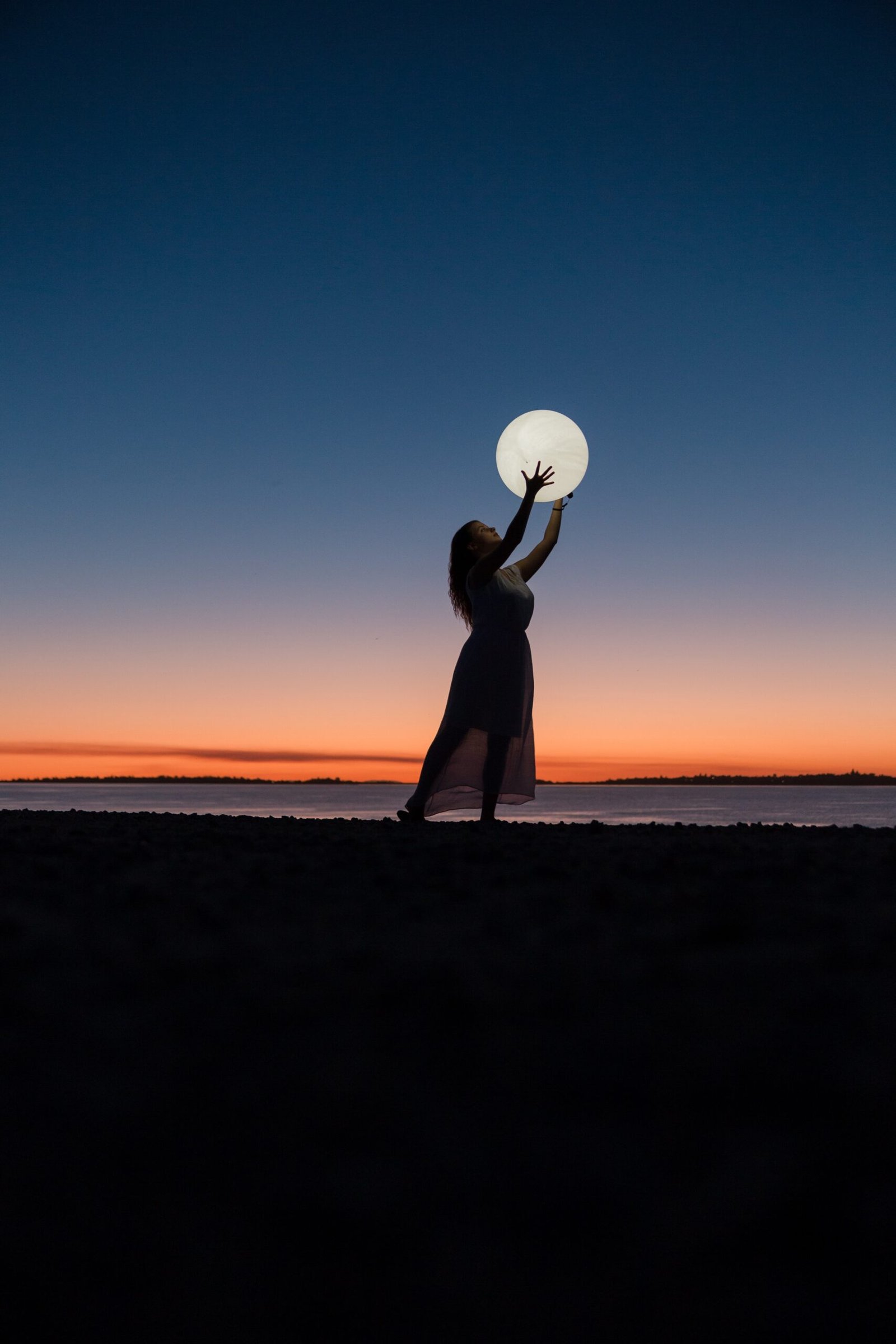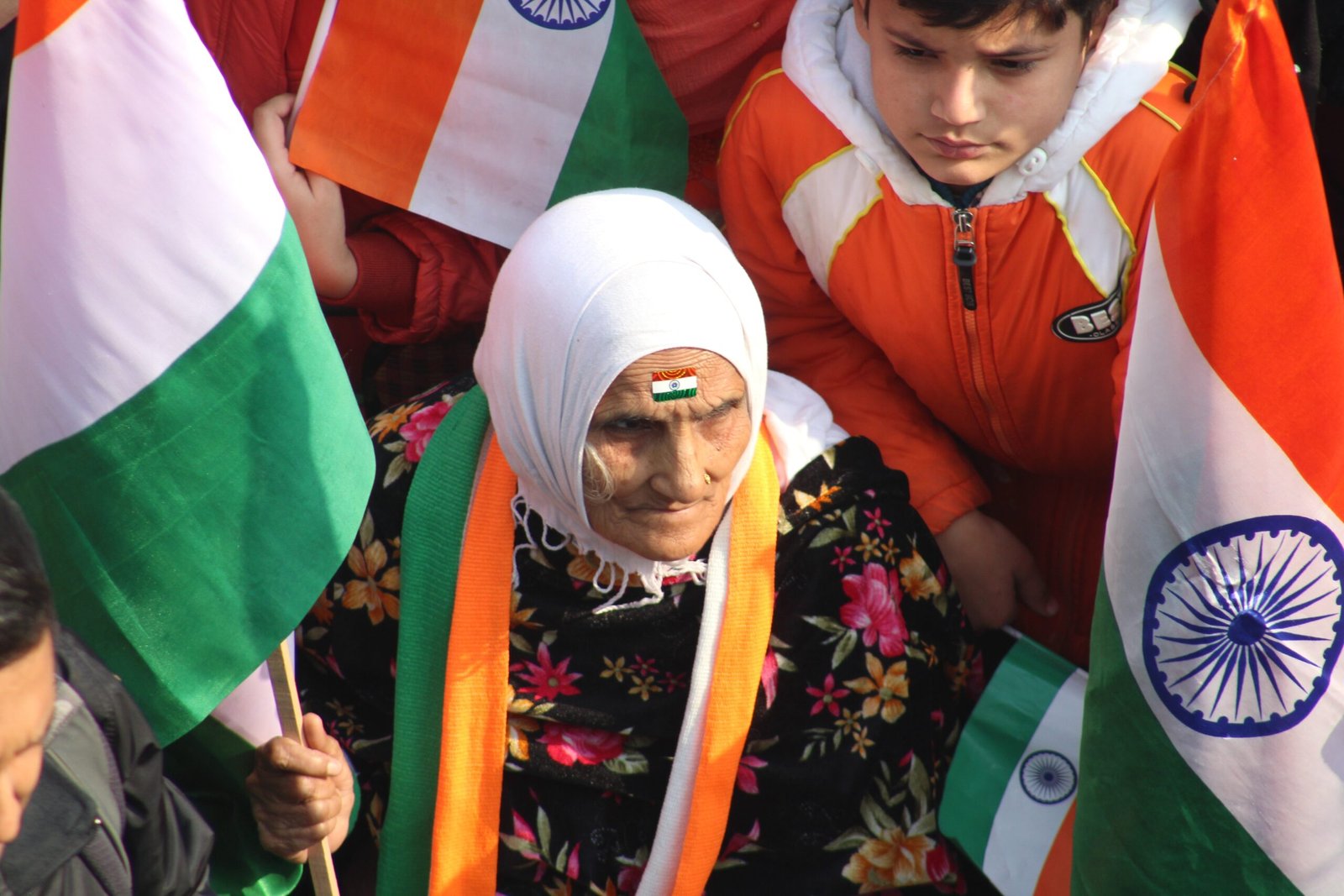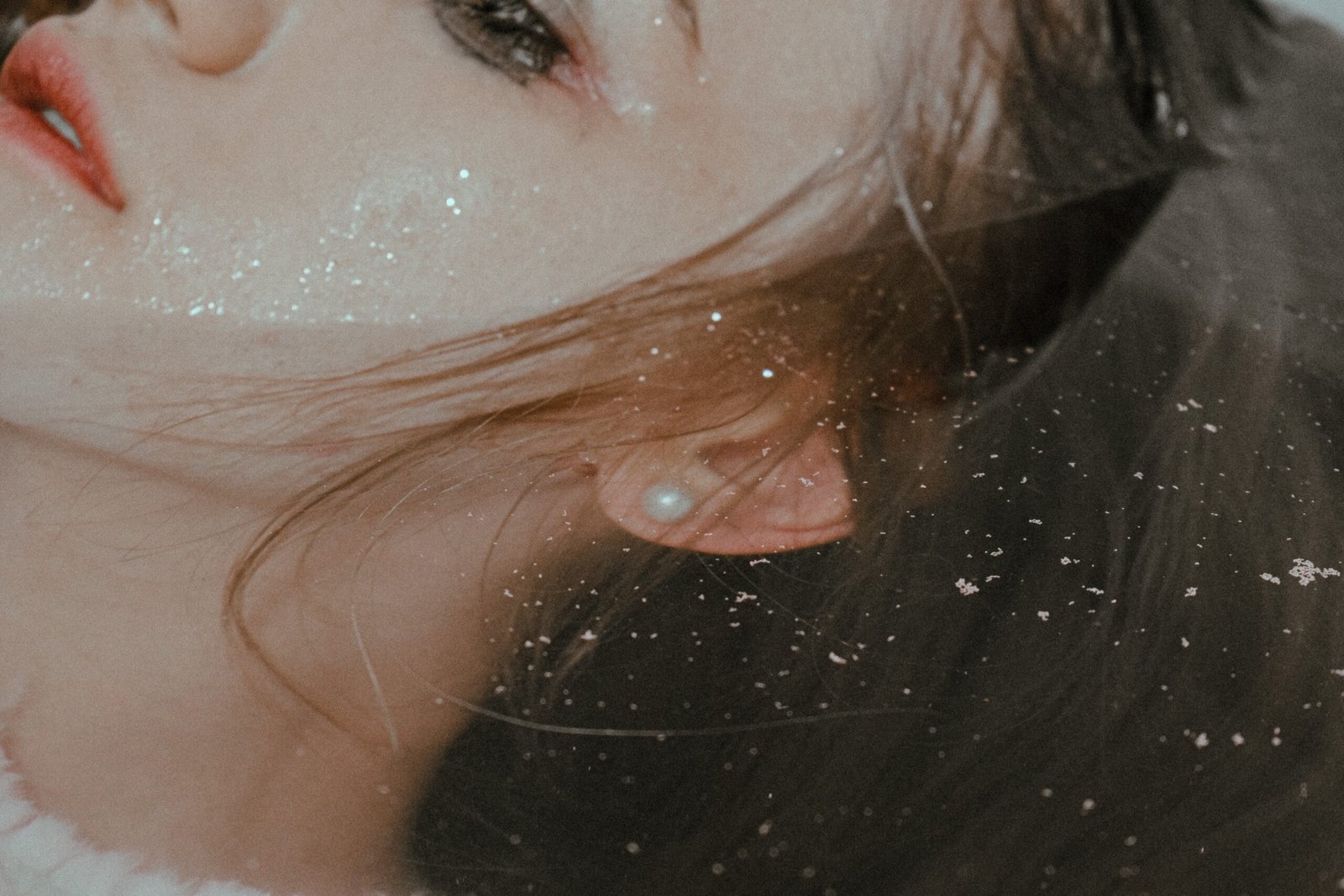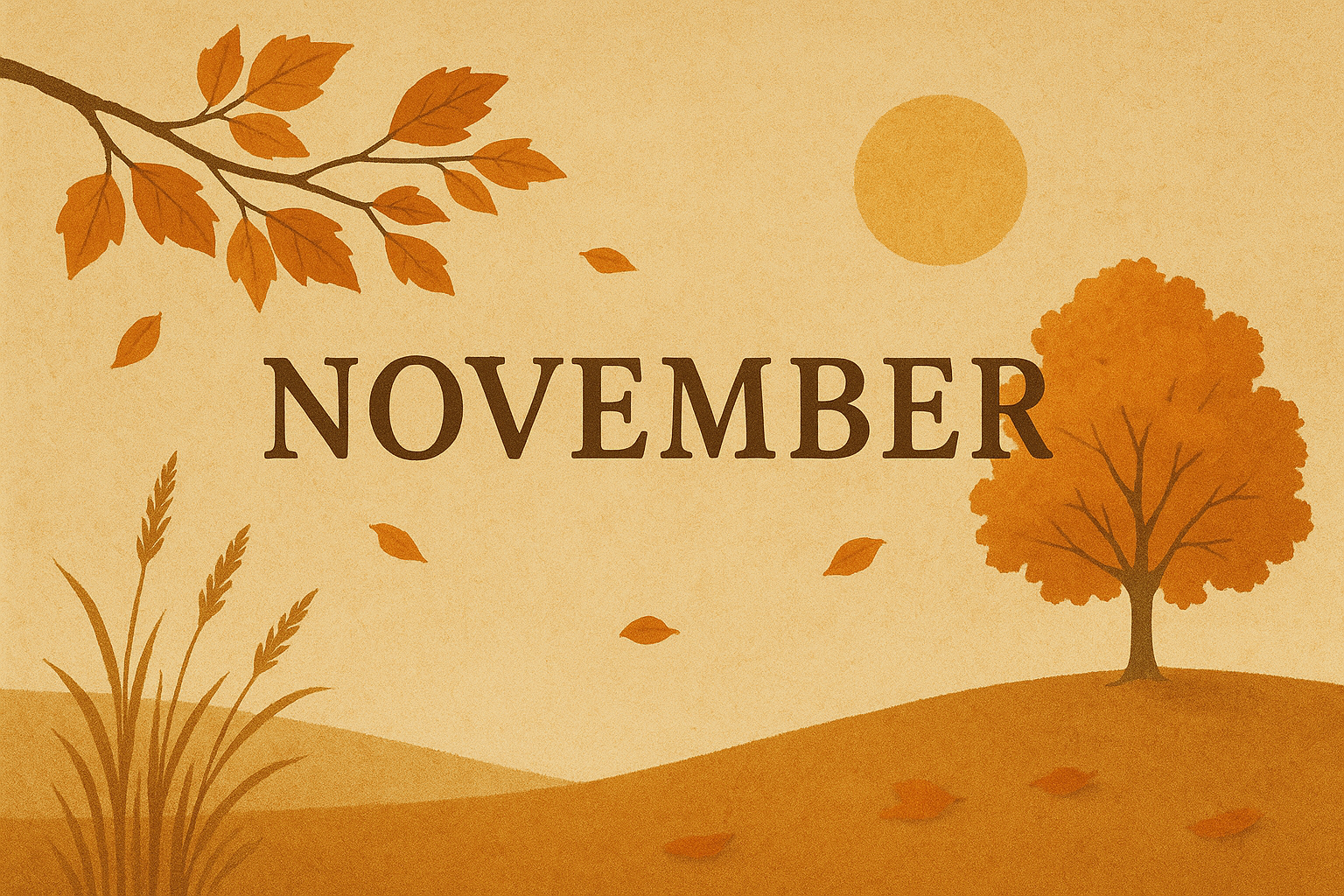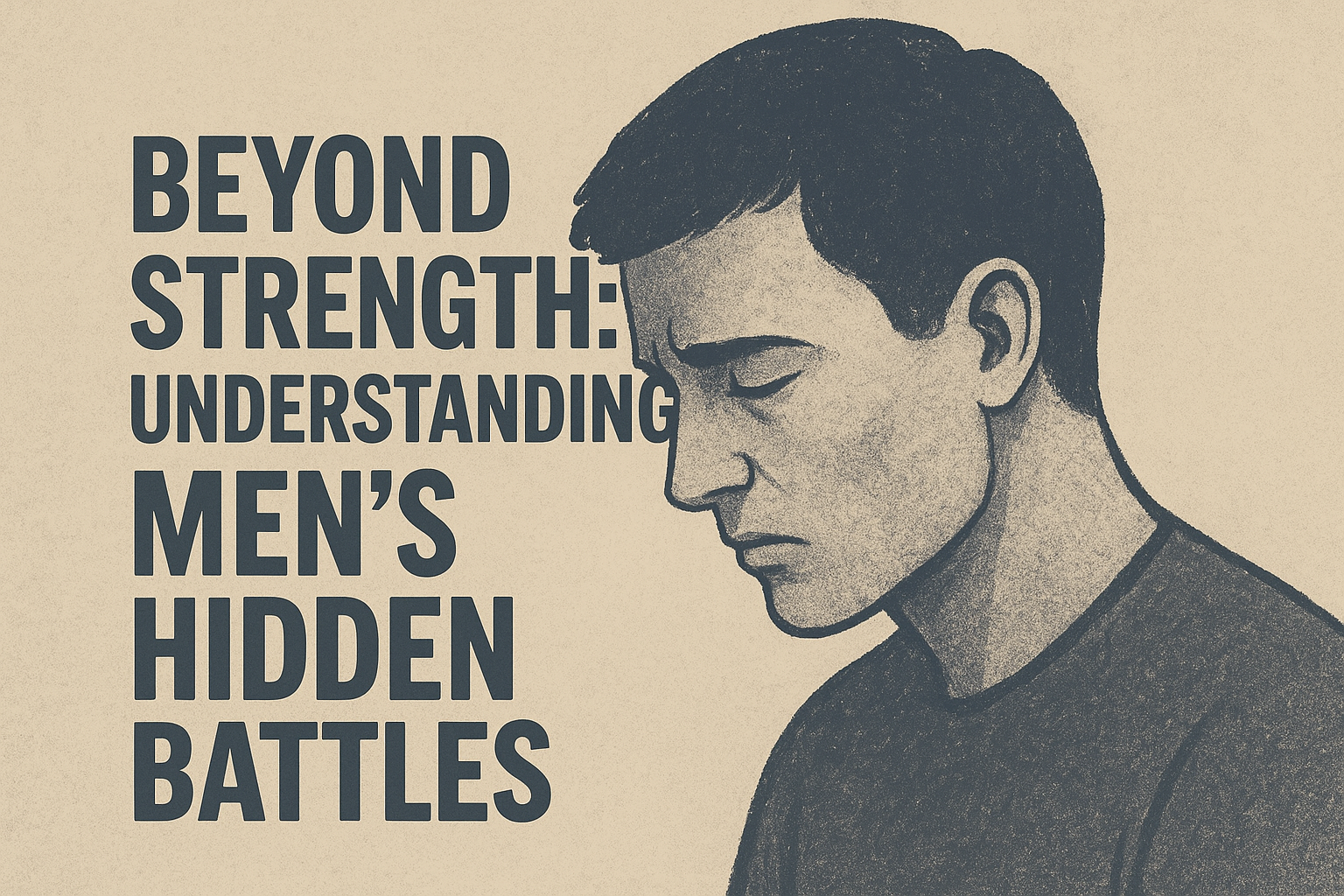Growing up, even though I had people around me who practised ‘rituals’ in a spiritual or religious context, they generated no intrigue within me. Festivals and poojas came and went, but no one bothered to explain the meaning behind the rituals. Perhaps indulging a child’s questions becomes tiresome for parents. Perhaps they weren’t really aware of the hidden meanings themselves!
For a long time, ritual was just another word for routine for me. Ritualistic and religious pooja or celebration was unknown to me and remains so even now.
Terrified of Karwachauth rituals…How can I fast?
When I got married, I was terrified of the Karwachauth festival. I live to eat. One who cannot (no matter how hard she tries) forgo food. Even when I’m upset or angry, I eat more rather than less.
My mother has observed Karwachauth since forever. And though it was a pleasure watching her dress up and click pictures and be so joyful, I’d decided as a child, I wouldn’t keep this fast.
Several years later, I got married and awaited my first Karwachauth with nervous energy. How do I tell my in-laws? I had a secret conference with my husband and he assured me I didn’t need to keep the fast if I didn’t want to. We were living in Mumbai then and my in-laws were in Karnal, Haryana. There was no way anybody could know that I hadn’t observed it.
To my surprise, I kept the fast despite zero pressure. My mother- and mother-in-law guided me. They made me have sargi in the morning. In the afternoon, they almost forced me (through the phone) to eat fruits, and have water and tea. The day went by in a whirl!
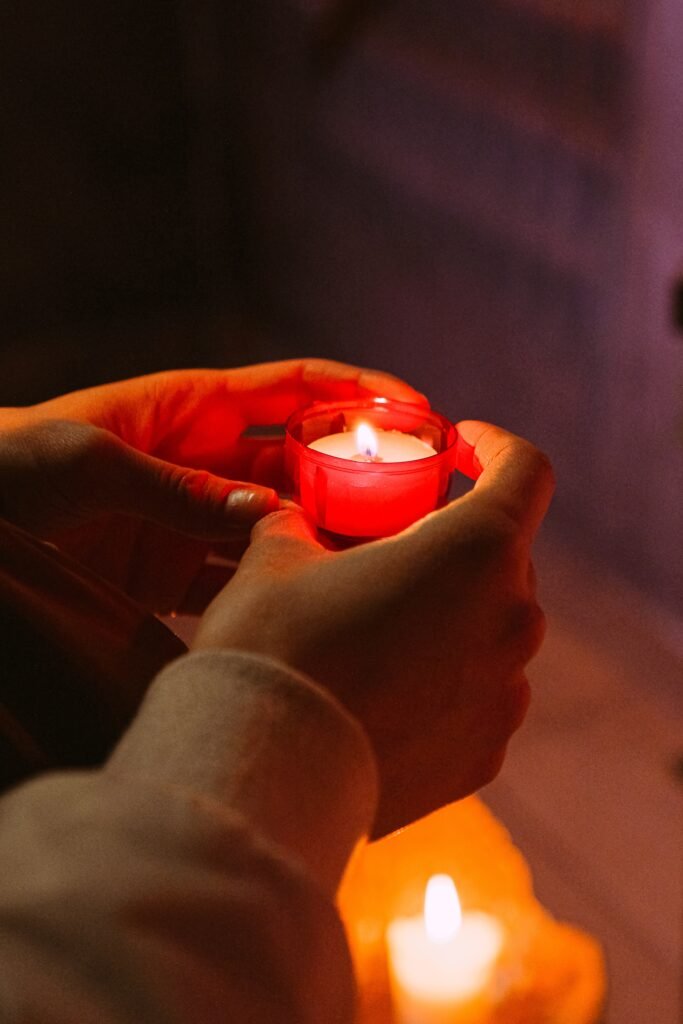
A ritual changed my mindset
But it was during the Karwachauth of 2021 that something changed inside me. A specific ritual followed at my in-laws’ (not followed in my maternal home) is a tribute to the Moon which is sung by married women as they rotate the thali with the baya (offering) and their karwa (the mud pot containing water).
My mother-in-law sat on the floor facing the amber moon and rotated the karwa while singing the Karwachauth song and paid ark (water) to the Moon.
And I remember thinking I must ask Mumma to write it down. How will I remember it on my next Karwa? Or the one after that? Life may not give me many opportunities to spend this festival with her. Who will tell me about these rituals? Who will explain to me the meaning of these rituals?
A sense of bittersweet love and sorrow seized me at the transience of life.
Passing down rituals as a legacy
That day, I realised that the most significant aspect of rituals is that we can pass them on to our children. A thread that connects us to them and them to us long after we are gone.
Now, every time I drape a saree, I remember the soft, but certain hands of my mother guiding my fingers around the fabric. Fold here, pleat here, tuck here. Every time I put a Bindi, I remember my mother-in-law putting a vermillion teeka on my forehead and blessing me.
Every time I light a diya, I remember the sense of hope that single flickering flame brought to my childhood home. How it pushed at the darkness in our lives and gave us courage to keep moving on.
Every time I fold my hands, whether it is in front of a deity, as a sign of respect for my loved ones or a gesture of gratitude towards old and new friends and acquaintances, I feel drenched in the love that has been passed down to me through those who came before me.
Now, every time Karwachauth comes around, I sing this song, and my mum-in-law’s voice envelops me in a warm embrace of a blissful melody passed down across the boundaries of space, time, and life.
Veero kudiye karwada,
Sarv suhagan karwada,
Aye katti naya teri naa,
Kumbh chrakhra feri naa,
Aar pair payeen naa,
Ruthda maniyen naa,
Suthra jagayeen naa,
Ve veero kuriye karwara,
Ve sarv suhagan karwara.. (6)
Sir dhadi,
Paer kadi,
Ark dendi,
Sarv suhagan,
Chaubare khadi (1)
This is the true meaning of ritual for me. How history repeats itself through these seemingly insignificant gestures. How we carry this infinite loop of life and time within us, nurture it, and when it’s our time, hand it over to our children so they can embrace our love and energy and empower themselves.





